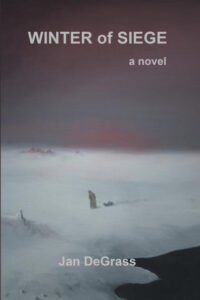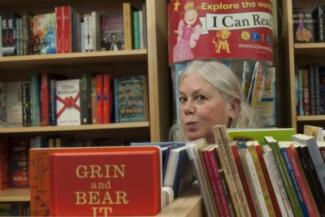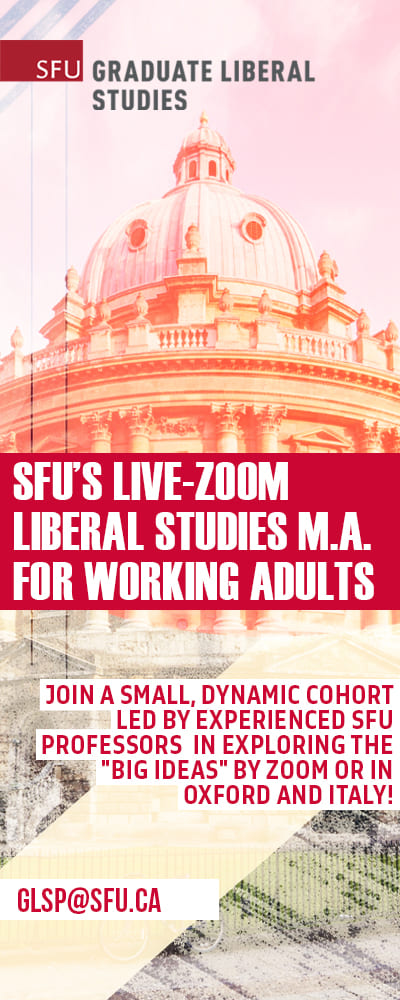Hard times in ’41
Winter of Siege
by Jan DeGrass
Garden Bay: MW Books, 2023
$20.00 / 9780995277830
Reviewed by Heidi Greco
*

The older I get, the more I understand just how many gaps exist in my education, whether that’s formal or otherwise gleaned. History is one of those areas where I know less than I probably should—and the history of Russia would be high in the rankings of facts I know little about. Thankfully, author Jan DeGrass has researched a difficult period in that country’s history, focusing on the winter of 1941-2 when the city of Leningrad was blockaded, leaving its citizens without the most basic supplies.
After a career as a journalist, DeGrass is good at finding facts; the trick, of course, is weaving them into a believable fiction with well-defined characters and plenty of action. In her Acknowledgements, the author calls to mind a friend she made some fifty years ago while she was spending time in the then-Soviet Union. She calls him Volodya, and recounts the true parts of his story, those concerning his parents: “…his father killed at war and his mother who survived starvation and hardship during Leningrad’s 900 days of siege, but who never failed in nurturing her baby boy.” DeGrass further reminds us that although he had a role in her earlier novel, Jazz with Ella, it seems the character he inspired wouldn’t go away.

In this novel he proves to be a companion and also a saviour to her protagonist, Anna Borisovna Leonova, whose primary goals are to reunite with her sister and also with her mother, who’s been falsely accused as a traitor. If this sounds complicated, it is. Between those who serve as protectors and those that Anna must constantly elude, there’s a lot going on.
Along the way, Anna meets up with a young boy, Grigor, who’s clever beyond his years and who manages to save her in several scrapes as the two of them do their best to make their way back to Leningrad. In part, their journey there involves the aforementioned Volodya, one of the courageous truck drivers who risk their lives transporting supplies to Leningrad by way of a frozen lake that serves as wintry roadway.
Anna experiences many hardships—from gnawing hunger and freezing temperatures to fear of being found by soldiers and even sexual assault. Then, when they finally arrive in Leningrad, life doesn’t get any easier as the city remains under siege. But beyond perseverance, it’s often her cleverness that helps her persist. I admired her good sense when she decides to make soup from some split peas she’s left to soak overnight. When Volodya opens a tin of processed meat for a shared breakfast, she tells him to “Save the juice” because with “no salt to be had and—oh, for an onion. Maybe the meat scraps would help.”
It’s not too surprising to find this kind of detail here, as previous work by Sechelt resident DeGrass has been about food—a cookbook and a history of the co-op food movement in Vancouver.
This, her most recent book, was brought out by a small publisher who was apparently convinced to come out of retirement, and frankly, the home-press aspect shows. While text is almost completely clear of errors—cleaner than titles from many bigger commercial houses—a better job of editing and design would have helped. But then these are the days when even the big presses can leave all too much to their authors to look after. And while closer editing could have made for a tighter story, maybe a trek across the plains of a Russian winter can afford to ramble a bit.
In this era, when Russia seems to be one of the world’s biggest bad guys, it’s interesting to see how hard that country’s own past has been. It seems a shame that memory isn’t a better teacher.

*

Heidi Greco lives in Surrey, where some would contend she can often still be found to be tilting at windmills. [Editor’s note: Heidi Greco has reviewed an exhibit by Douglas Coupland and books by Stein, Peat, and Adalian, Deirdre Simon Dore, M.A.C. Farrant, Michael Maitland, David Zieroth, Christine Lowther, Rhona McAdam, Richard Lemm, Souvankham Thammavongsa, Marguerite Pigeon, and John Gould for BCR. Three of her books have also been reviewed here: Glorious Birds: A Celebratory Homage to Harold and Maude, From the Heart of it All: Ten Years of Writing from Vancouver’s Downtown Eastside, and Practical Anxiety.]
*
The British Columbia Review
Interim Editors, 2023-25: Trevor Marc Hughes (nonfiction), Brett Josef Grubisic (fiction and poetry)
Publisher: Richard Mackie
Formerly The Ormsby Review, The British Columbia Review is an online book review and journal service for BC writers and readers. The Advisory Board now consists of Jean Barman, Wade Davis, Robin Fisher, Barry Gough, Hugh Johnston, Kathy Mezei, Patricia Roy, and Graeme Wynn. Provincial Government Patron (since September 2018): Creative BC. Honorary Patron: Yosef Wosk. Scholarly Patron: SFU Graduate Liberal Studies. The British Columbia Review was founded in 2016 by Richard Mackie and Alan Twigg.
“Only connect.” – E.M. Forster






























